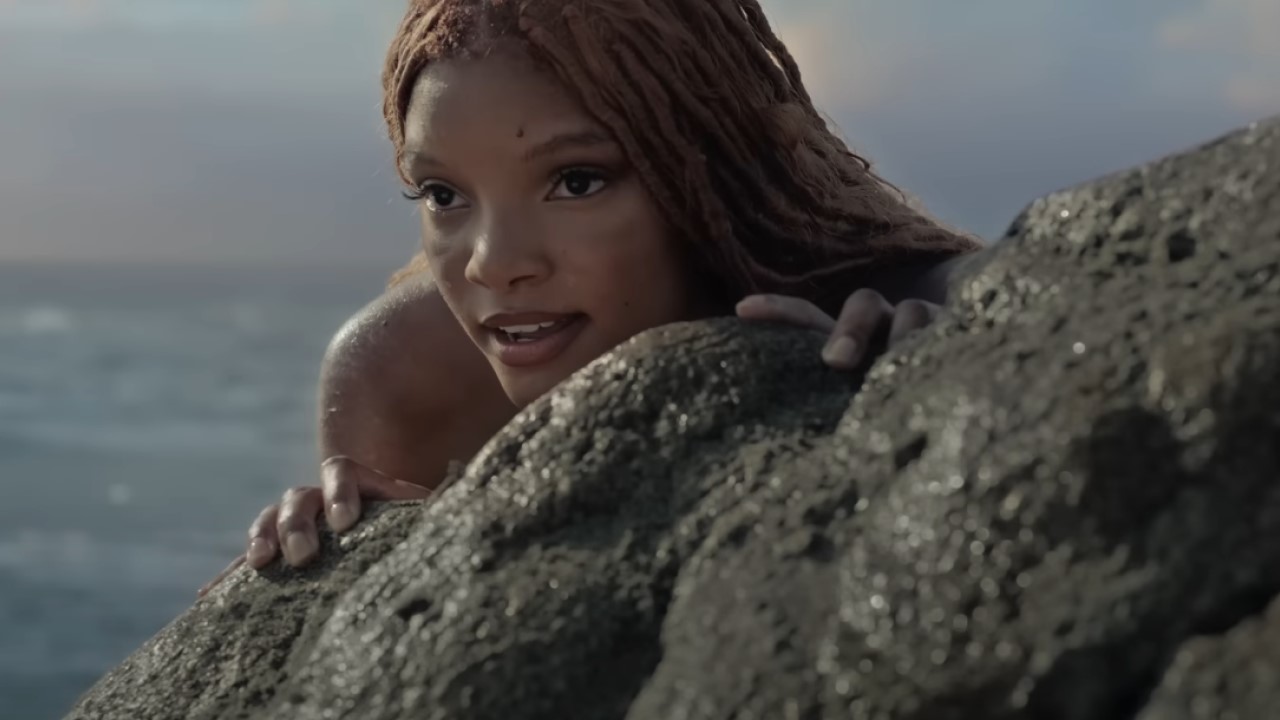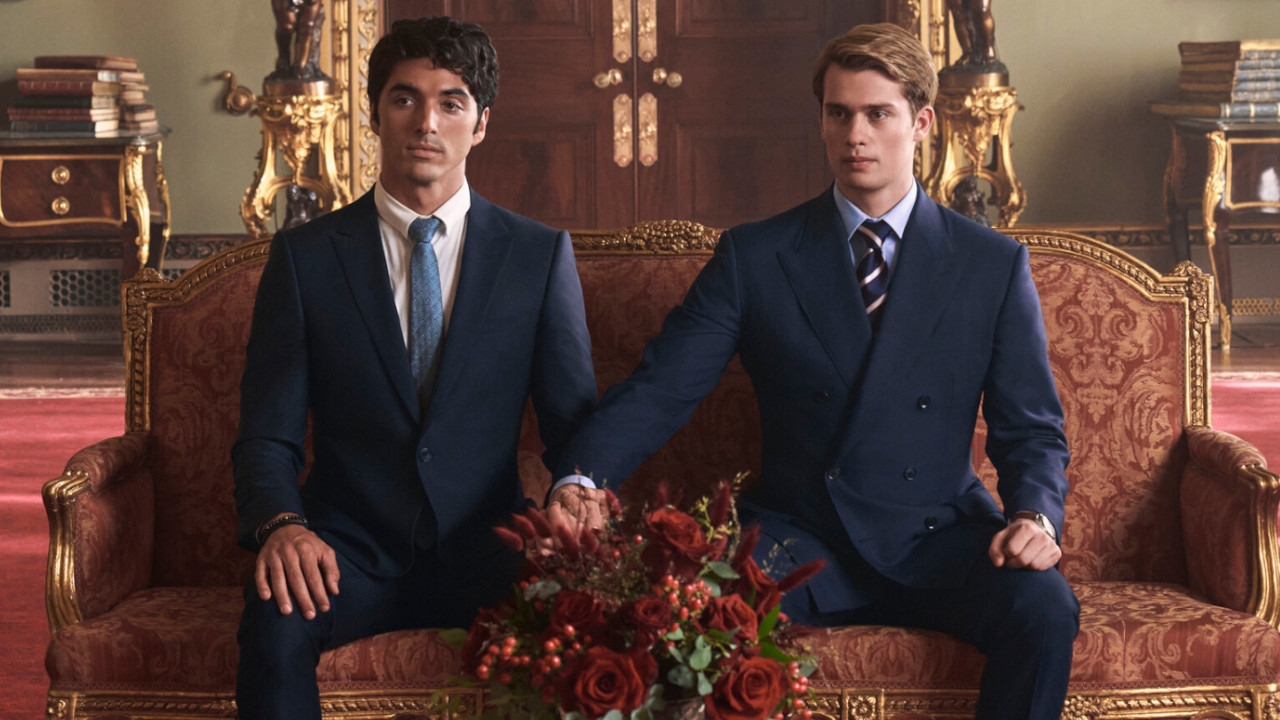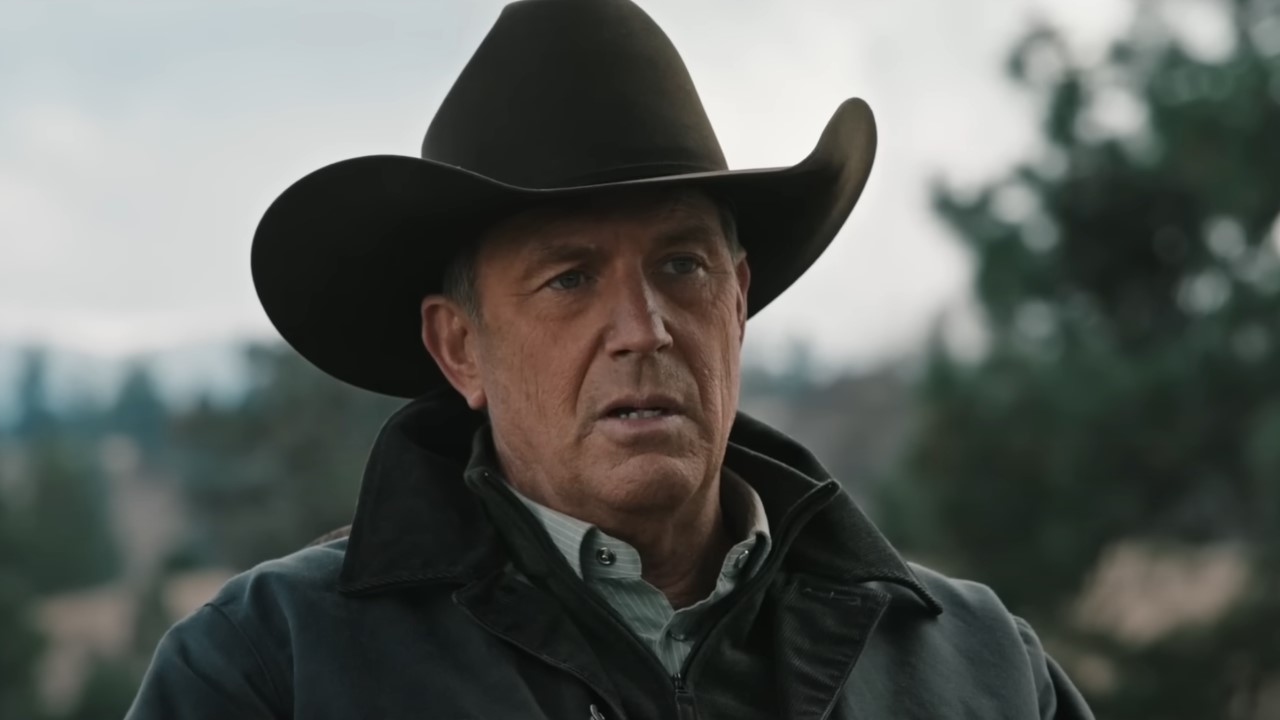I Spoke To A Psychologist About Why Disney Live Action Remakes Like The Little Mermaid And Others Are So Great
With more Disney live action remakes on the way, what makes retellings so compelling to movie-goers and film studios alike?

As it stands, Disney’s live action remake of The Little Mermaid is currently the seventh-highest grossing movie of 2023. Behind The Super Mario Bros. Movie, Barbie, Guardians of the Galaxy Vol. 3, Fast X, Spider-Man: Across the Spider-Verse, and Oppenheimer, the latest retelling has made $567,557,224 worldwide at the time of writing. But what makes remakes like it so successful?
While news of another live action remake at the hands of Walt Disney Studios is often met with disdain, you can’t argue with those figures. Clearly Disney’s formula of taking a cookie cutter to its animated classics is working – and as a big Disney fan, I can't help but be excited to re-experience the magic of those earlier animations in an all new light.
With 21 live action adaptations already released and plenty upcoming live action remakes in the pipeline (including Snow White, Mufasa: The Lion King, and Moana all of which already have release dates), I asked Media Psychologist Pamela Rutledge why remakes appeal to us so much.
For the consumer, remakes, reboots, and retellings tap into nostalgia linked to childhood experiences and camaraderie. Nostalgia is an overwhelming, positive emotion; a yearning for the time when life seemed simpler.
Why Do We Love A Remake?
When it comes to a favorite book, movie, or TV show, you may have found yourself mourning the fact you'll never get to experience it for the first time again as something completely fresh, new, and magical. By tapping into our nostalgia, reboots and remakes come close to recreating a feeling akin to that and, in many cases, can take us back to that point in our lives that movie or show is so closely attached to in our minds. As Rutledge continues:
Meaningful entertainment stories can become internalized and have special significance in what psychologists call our narrative identity – the stories of our life or autobiographical history. Meaningful media experiences can punctuate important moments or shift our world view
I cannot tell you the amount of times I have watched the animated movie Anastasia (1997) or the absolutely iconic A Cinderella Story (2004) – or just about any 2000s movie starring Hilary Duff for that matter. I played the DVDs and, in the former's case, VHS tape over and over again as a kid and preteen. And when I'm trying to cheer myself up, these movies are still my go-to. Sure, not because of their cinematic genius but because of that strong connection with my childhood.
Perhaps oddly, the most recent addition to my list of comfort watches is Normal People, which if you've seen it isn't a particularly cozy, 'happy ending' kind of watch. It's actually quite a painful yet honest depiction of messy human emotions and two people who keep missing each other. My reaction to it is almost guttural – which says a lot as I am not often physically moved by TV shows or movies, as much as I'd love a cathartic cry.
The first time I read the book by Sally Rooney, though, and the year in which the TV show was released, quite accurately signpost the beginning and end of a significant period in my life. So what Rutledge says makes a lot of sense to our innate sentimentality as human beings, and is another piece in the puzzle as to why film studios find so much success monetizing on our sense of nostalgia.
Your Daily Blend of Entertainment News
Familiar entertainment stories can be a positive coping mechanism during difficult times, because they trigger good memories and experiences, and revisiting liked characters creates a feeling of belonging as if they were real-life friends.

So Why Would Disney Choose To Return To Old Trodden Ground Rather Than Make Something New?
I'm going to get cynical about the innerworkings of a film studio and say that, when push comes to shove (if that), it's all about what's going to make the most money.
It's a commonly used phrase that there's no such thing as an original idea anymore – and even if there was, can you guarantee it'll be a box office hit? With enough exciting names attached to a movie across cast and crew, it could fly, of course. But it's always a risk – one that studios aren't always willing to take.
By taking something already well-known, that has a dedicated fanbase, and spinning it into something new but with the fundamentals the same, you can almost guarantee to get butts on seats at the movies. Even if fans are hate-watching (as happened with The Little Mermaid and the review bombing that occurred), in the grand scheme of making a profit, money is money.
Remakes trigger curiosity. We have an existing experiential memory of a loved IP. We would naturally be curious as to whether the new iteration is done “right,” e.g. satisfies our expectations, adds to our experiences, and honors our memories.
The same goes for book-to-screen adaptations, too, with some of the biggest franchise in not so recent memory heralding from book series like Twilight and The Hunger Games, as well as the newer hits like the aforementioned Normal People and Red, White, and Royal Blue. Not to mention the fact the Harry Potter books are being adapted for a second time by Max.
Is it necessary? Probably not. But will diehard fans part with their cash to experience something they love come to life (even if it isn't for the first time). Absolutely, yes.

How Does The Remake Strategy Apply To Streaming Services?
While the dreaded pandemic might largely be behind us, it certainly set a new precedence for how we consume movies, with the latest releases often hitting whichever service gets the rights to the IP a lot sooner.
Take The Little Mermaid for instance, which arrives on Disney Plus 14 weeks after its cinematic release on September 6. Only a few years ago when streaming services were somewhat less prevalent, you could expect to wait 5 months or more for a successful film to come out on DVD back in the day.
Not only an indication of the way streaming services have impacted theatrical release timelines, it also alludes to a business model in which these services need to abide by, providing a continuous stream of new titles to watch – and, incidentally, building upon their brand.
JustWatch allows readers around the world to find out where they can watch any and all TV shows and movies, listing what streaming platforms titles are currently on as well as where you can rent or buy digital copies and in 4K.
Where reboots might effect streaming service business strategies, I spoke to Victor Tejeda, JustWatch's Senior Digital Marketing Manager, who said:
For streaming services, investing in the continuation of beloved stories can help build a more complete catalog while generating interest for new and existing properties simultaneously.
Remakes, then, are not just about box office numbers but also about subscriber retention. For Disney Plus, the expansion of its brand is fuelled not only by the live action remakes, many of which have gone straight to streaming, like with Peter Pan & Wendy and Pinocchio... It also does so by tapping into the franchise we are already emotionally invested in, expanding both the Star Wars and Marvel universes with Original titles, for instance, and giving subscribers more of what they want for the price of Disney Plus.
The same is evident elsewhere. Max (formerly HBO Max) has build out the world of DC superheroes with shows like Harley Quinn and Peacemaker, as well as reviving HBO hits like Sex and the City with the sequel series And Just Like That. Meanwhile, Paramount Plus revived iCarly. Not to mention the expansion of the Yellowstone universe of the back of its success, with numerous spinoff series like 1883 and 1923.

So what makes remakes so popular and why do film studios love doing them so much? Well, by playing on our nostalgia, they are guaranteeing, if not outright box office success then at least a healthy turnout of fans and haters alike. They are capitalising on our sense of nostalgia and ownership of these old, beloved stories and building upon a pre-existing fanbase and established brand.

Alice is CinemaBlend's resident eCommerce Editor, here to tell you about the best streaming services like Disney Plus and Apple TV Plus, and how to watch the hottest TV shows and movies. Begrudging Love Island fan and always thrilled about the latest book to screen adaptation. With six years experience in the commercial writing space, Alice has been writing about consumer tech and software for 4 years, previously writing for Trusted Reviews before joining the Future family.
